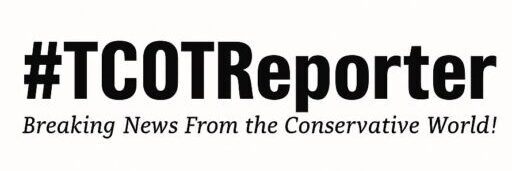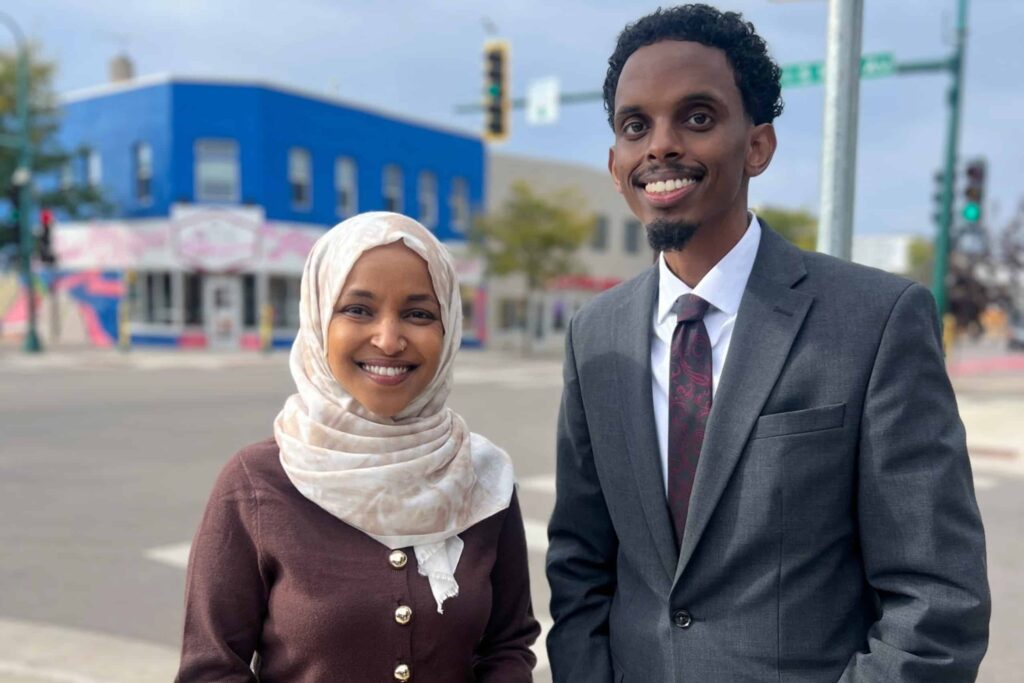Ilhan Omar’s career has been a decade-long stress test for what voters will tolerate. Every time she trips a tripwire, she calls it courage; every time critics push back, she calls it bias. Now she’s lending her brand of controversy to Minneapolis’s mayoral race, endorsing State Sen. Omar Fateh—a man already under his own ethics microscope.
The trail she left
Omar’s 2019 tweet that U.S. support for Israel was “all about the Benjamins” drew condemnation from both parties for trafficking in money-and-influence tropes. Her apology stopped the bleeding, not the scar. Weeks later she referred to 9/11 as “some people did something” at a CAIR event—fodder for outrage then and shorthand ever since. Add a Minnesota Campaign Finance Board order to repay funds and amend tax returns, and you have a lawmaker whose paperwork problems keep pace with her headlines.
When Republicans regained the House in 2023, they voted to remove her from the Foreign Affairs Committee, citing those same controversies. Omar framed it as political vengeance; her critics saw overdue accountability. Either way, the record is written in ink.
Enter Omar Fateh
If Minneapolis wanted a break from scandal fatigue, it picked the wrong sequel. Fateh’s résumé already includes two Senate ethics probes over unreported campaign perks and a proposed Somali TV grant tied to his staff. Those were settled after admonishments and “training.” Then, last week, a state panel fined his campaign $500 for distributing flyers that still carried the Democratic Farmer Labor endorsement after the party revoked it for convention irregularities. The panel found no intent to deceive—but intent isn’t the only test of judgment.
Fateh recently added a new sound bite to his portfolio, telling a rally crowd that “the real terrorists look like my colleagues,” a jab aimed at white legislators who opposed his policing bills. That line might earn applause in certain corners, but it lands as contempt from a sitting senator asking to run an entire city. It also reinforces the pattern: high rhetoric, low restraint.
The DMV panic—facts, not folklore
Minnesota’s new “Driver’s Licenses for All” law lets undocumented residents obtain IDs. Paired with automatic voter registration, it sparked claims that non-citizens could vote through a backdoor. The state’s own data tell a different story. AVR transmits information to election officials only when the applicant attests to citizenship. A 2024 software glitch flagged roughly 1,000 records, which were frozen before ballots went out. No illegal votes were cast, according to the Secretary of State’s audit. The glitch made headlines; the absence of fraud did not.
The bigger test
Omar’s endorsement of Fateh isn’t about religion, ethnicity, or party branding—it’s about civic gravity. Her history of moral shortcuts now props up a candidate already playing footsie with the rules. If Minneapolis shrugs that off, the city’s problem won’t be extremism; it’ll be the casual belief that “integrity” is a campaign slogan, not a requirement.
Because once a city decides that ethics violations are just another form of diversity, it stops being progressive—it starts being predictable.
Citations
- BBC News – “Ilhan Omar apologises for antisemitic comments” (Feb 11 2019)
- Washington Post – “Ilhan Omar’s remarks on 9/11 spark backlash” (Apr 10 2019)
- Minnesota Public Radio – “State campaign finance board orders Ilhan Omar to reimburse thousands” (Jun 6 2019)
- The Guardian – “House Republicans vote to remove Ilhan Omar from Foreign Affairs Committee” (Feb 2 2023)
- Star Tribune – “Sen. Omar Fateh fined for using DFL endorsement after it was revoked” (Oct 16 2025)
- MinnPost – “Fateh faces new ethics complaint over Somali TV ad grant ties” (Jun 3 2021)
- Minnesota Reformer – “Fateh cleared in Senate ethics probe after training order” (Aug 2021)
- Fox 9 Minneapolis – “State Sen. Omar Fateh says ‘the real terrorists look like my colleagues’ during rally speech” (Oct 10 2025)
- KARE 11 – “Minnesota launches automatic voter registration” (Oct 17 2023)
- Minnesota Secretary of State – “Statement on voter registration system glitch” (Aug 15 2024)
- MPR News – “No evidence of illegal voting after registration glitch, officials say” (Aug 16 2024)


Pingback: Divided Loyalty - #TCOT Reporter
Pingback: THE SOMALI FRAUD STATE - #TCOT Reporter
Pingback: ilhan Omar: Pirate Queen - #TCOT Reporter
Pingback: A Sanctuary for Disorder - #TCOT Reporter